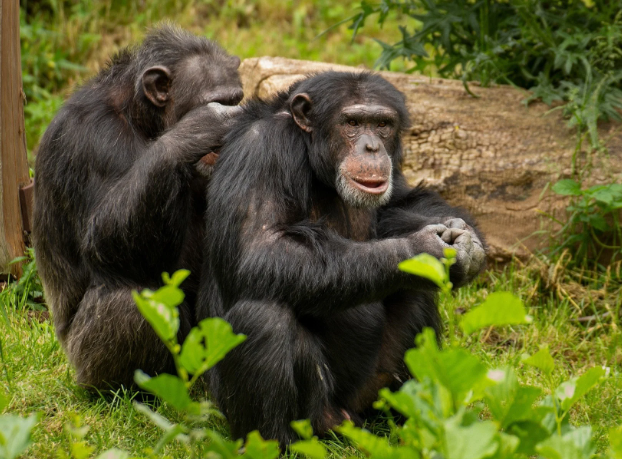Gorilla Grooming and Social Bonds
Gorilla grooming is more than just a routine activity; it plays a vital role in the social lives of these fascinating primates. Understanding this behavior enriches our appreciation for gorillas and highlights the intricate social structures that exist within their groups. Let’s explore how grooming fosters connections among gorillas and why it’s important for their well-being.
The Importance of Grooming in Gorilla Society
Gorillas engage in grooming as a way to strengthen social bonds and promote harmony within their groups. This behavior often involves individuals meticulously cleaning each other’s fur, which not only removes dirt and parasites but also reinforces relationships. Through grooming, gorillas communicate trust and affection, essential elements in maintaining the hierarchy and cohesion of their troop. The act itself can be subtle, sometimes lasting for hours, demonstrating deep social interactions that are critical for their community dynamics.
Building Relationships Through Grooming
Grooming is a powerful tool for relationship-building among gorillas, especially for mothers and their young. By grooming each other, parents and offspring share moments of closeness that are pivotal for the young gorilla’s emotional and social development. Additionally, grooming can help mediate conflicts between individuals, allowing them to reestablish or reinforce their bonds after disagreements. This behavior is observed primarily in adult females but is crucial for males as well, as it helps them assert their social status without resorting to aggression.
The Benefits of Social Bonds
Gorilla grooming has numerous benefits that extend beyond mere hygiene. Social bonds formed through grooming provide emotional support, reduce stress, and enhance overall health within the group. When gorillas feel connected to one another, they are more likely to engage in cooperative behaviors, such as foraging and protecting one another from predators. Furthermore, these strong social bonds are vital for the long-term survival of the troop, ensuring that individuals work together for mutual benefit beyond grooming.
In conclusion, grooming is a fundamental aspect of gorilla life that highlights their social complexity and emotional depth. By learning more about these interactions, we not only deepen our understanding of gorillas but also appreciate the importance of social connections in all species, including our own. To dive further into the captivating world of gorillas, consider visiting a wildlife sanctuary or museum, or explore documentaries that showcase their remarkable lives.

